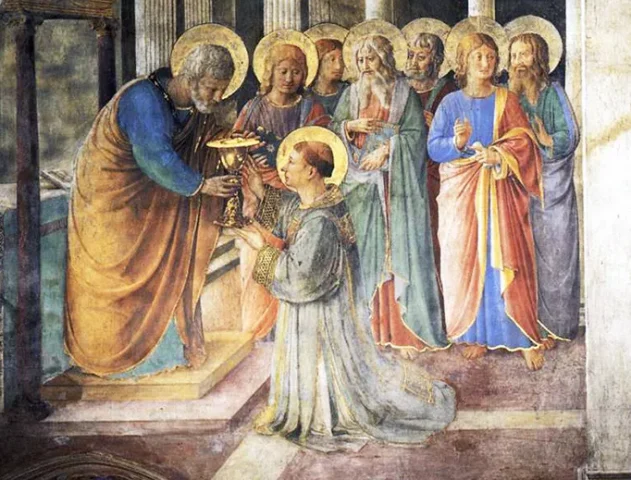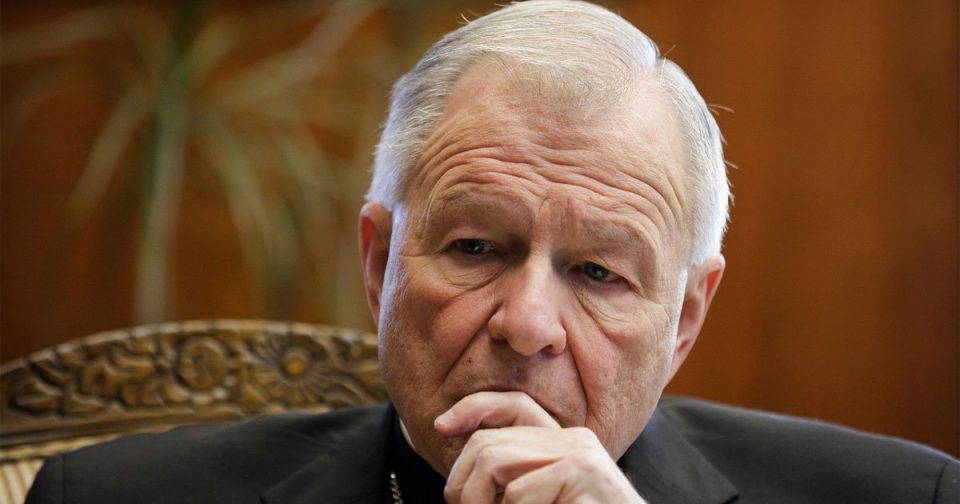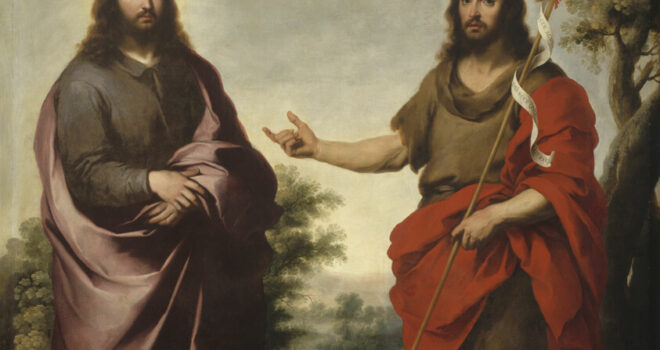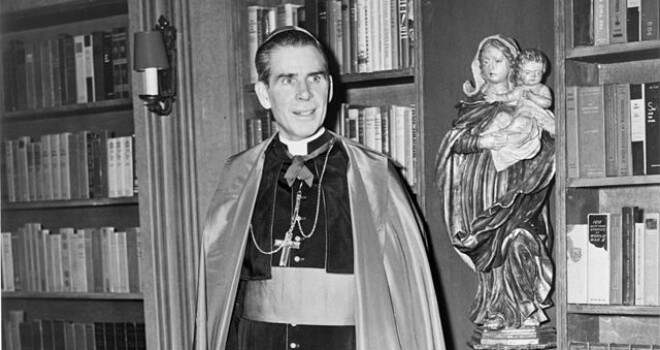By Deacon Dominic Cerrato, Ph.D., Catholic World Report, December 20, 2024
Deacon Dominic Cerrato is Director of the Office of the Diaconate for the Diocese of Joliet, Editor of Our Sunday Visitor’s The Deacon magazine, and Director of Diaconal Ministries. He has taught theology at Franciscan University of Steubenville, Duquesne University of the Holy Ghost, and Holy Apostles College and Seminary. He has over 40 years of experience in catechetical and pastoral ministry on both the diocesan and parish levels. …
By situating the diaconate within the unity of Holy Orders, it is clear that the reservation of this sacrament to men is not a matter of practical function but a theological reality grounded in divine revelation.
 The question of women’s admission to the diaconate profoundly engages ecclesiology, sacramental theology, and the Church’s fidelity to divine revelation. This issue, which has garnered increased theological attention, especially in light of the Synod on Synodality, is not merely a matter of policy or adaptation to cultural currents but is deeply rooted in the Church’s understanding of her nature and mission. Central to this inquiry is the ecclesial and sacramental identity of the diaconate, an ordained ministry that participates in the hierarchical structure of Holy Orders and serves as a visible sign of Christ the Servant.
The question of women’s admission to the diaconate profoundly engages ecclesiology, sacramental theology, and the Church’s fidelity to divine revelation. This issue, which has garnered increased theological attention, especially in light of the Synod on Synodality, is not merely a matter of policy or adaptation to cultural currents but is deeply rooted in the Church’s understanding of her nature and mission. Central to this inquiry is the ecclesial and sacramental identity of the diaconate, an ordained ministry that participates in the hierarchical structure of Holy Orders and serves as a visible sign of Christ the Servant.
To engage this question authentically, one must do so within the framework of the Church’s unbroken tradition and theological reflection, particularly as articulated by Pope Saint John Paul II’s 1988 Apostolic Letter, Mulieris Dignitatem. This seminal document explores the unique dignity and vocation of women within the divine economy, providing a profound theological vision of the complementarity between men and women. It situates the discussion of ministry and service not within the constraints of modern socio-political paradigms but within the context of God’s salvific plan as revealed in Christ and His Church. …
Continue reading >>>>>>>







